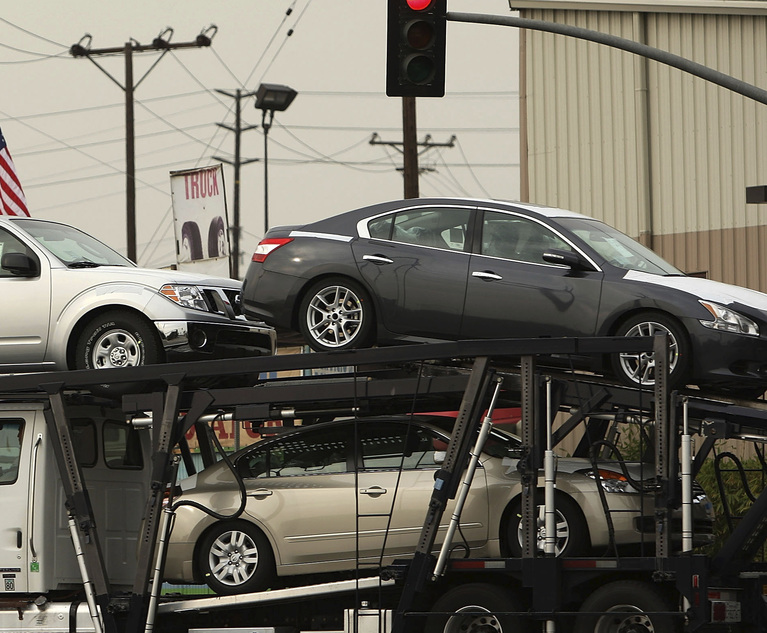The Supreme Court has long extended the 1925 Federal Arbitration Act (FAA) nearly to the limits of congressional power to regulate interstate commerce. It has imposed the FAA’s preemptive coverage on all private employees except for transportation workers who, it admits, are statutorily excluded. It has stricken state laws and court decisions that it says particularly burden arbitration. The Supreme Court treats “click accept” as a knowing waiver of rights. Compulsory arbitration and class action bars are prevalent in non-negotiable employment contracts. But a recent win for truck drivers in the U.S. Supreme Court suggests new possibilities for access to the courts.
The recent New Prime v. Oliveira was a unanimous (8-0) decision that surprised many. Although the driver’s class action was seemingly within the “transport workers” exclusion from the FAA, and therefore the FAA’s requirement that arbitration clauses be enforced did not apply, the employer claimed that the driver was an independent contractor, so his work was not “employment.” Under the employer’s reading, the exclusion from FAA coverage would not apply and federal law would require the driver to arbitrate his claim regardless of state law. Justice Gorsuch dug into contemporary dictionaries in a Scalian search for original ordinary meaning. He concluded that when Congress enacted the FAA in 1925, the term “contracts of employment” referred to all agreements to perform work. “No less than those who came before him, Mr. Oliveira is entitled to the benefit of the same understanding today.” Consequently, the driver was not barred by the FAA and could litigate his putative class action Fair Labor Standards Act claim.


 Associate Justice Neil Gorsuch, United States Supreme Court at the Ninth Circuit Court of Appeals Conference in San Francisco
Associate Justice Neil Gorsuch, United States Supreme Court at the Ninth Circuit Court of Appeals Conference in San Francisco




